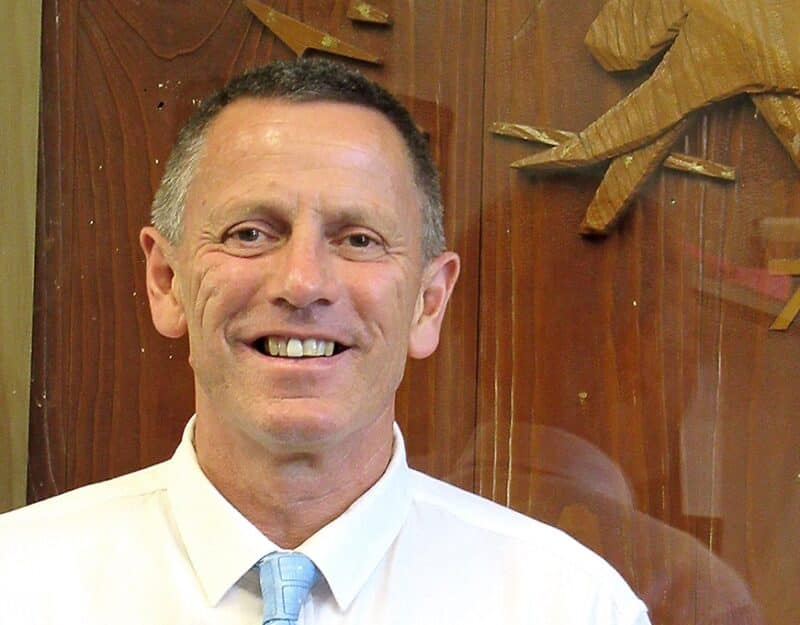The Association of Proprietors of Integrated Schools has expressed caution concerning a Government move to widen the criteria for co-opting members onto school boards to include genders, sexualities and sexes.
In a submission to Parliament’s Education and Workforce Committee on the Education and Training Amendment Bill No. 3, APIS warned against any move that might limit the ability of an integrated school’s proprietor “to carry out its legal right and responsibility to maintain and protect special character”.
In the current law, as expressed in Schedule 23 of the Education and Training Act 2020, there are several criteria of which regard must be taken when co-opting or selecting board members. These include “the fact that approximately half the population of New Zealand is male and half female”. Another of the criteria concerns the character of the school or schools, or special institution administered.
But a proposed change in the bill before the select committee changes the reference to male and female representation to “the genders, sexualities, and sexes of the student body of the school, and within the community served by the school”. The “diversity of disabled students at the school and of the school’s disability community” is another of the added criteria.
The APIS submission, delivered by APIS CEO Dr Kevin Shore, stated that it had no issue with this language, “provided that it is not mandatory for appointments in those categories to be made, if they do not reflect the special character of the education of the school and the school community”.
But APIS stated that it would not support the inclusion of any clause that diminishes the current provisions of integration law as expressed in the Act, “and particularly any that might limit the ability of the proprietor to carry out its legal right and responsibility to maintain and protect special character”.
The APIS submission stressed that “our proprietors and school boards have an absolute commitment to the respect of human dignity, and that every human person deserves to be treated with love, compassion and empathy”.
It noted that the proprietor of an integrated school can appoint up to four people to the school board.
But the current law also states that there must be “at least one more elected member than there are co-opted or appointed board members on the board”.
“Accordingly, to co-opt a board member in a state-integrated school, the proprietor must be willing to forego one of their representatives,” the APIS submission stated.
“That is a decision that would need careful thought, and potentially put at risk the maintenance and preservation of special character that provides significant confidence to the proprietor in their role to maintain and preserve special character”, the submission added.
The submission also mentioned that, “given the role of proprietor’s appointees in a state-integrated school, the criteria in terms of their selection will put the first priority on their ability to fill the role that the proprietor is asking of them; namely to support the school board to maintain and preserve the special character as outlined in the state-integrated school’s integration agreement”.
“While acknowledging diversity as a worthy principle, any requirement that the proprietor’s appointees must reflect genders, sexualities and sexes (rather than just the genders as stated in the current ETA) may be at odds with the beliefs of some of our proprietors and their responsibilities as defined in . . . the current Act”.
APIS noted that it represents proprietors whose special character is affiliated to religious and philosophical traditions including Catholic, Christian, Seventh Day Adventists, Anglican, Presbyterian, Muslim, Jewish, Māori, Methodist, Steiner, Montessori and Hare Krishna.
The APIS submission expressed support for various other measures in the bill, including the strengthening of protection and safeguarding of students.
But it criticised the short timeframe allowed for submissions, which allowed little time for discussion by APIS members.
“Requesting submissions through a period of time that included school holidays and Easter is not helpful for gaining the input of stakeholders closely associated with the school network.”
N Diversity
Education Minister Jan Tinetti, speaking in the first reading debate on March 29, stated that “the bill updates the criteria to ensure that boards take into account the genders, sexualities, and sexes of students and school community, as well as the disabled students and the school’s disability community, when deciding on members to co-opt. This change reflects this Government’s commitment to upholding equity and diversity within our schools”.
In the debate, National education spokesperson Erica Stanford wondered how information about people’s sexualities and sexes should be obtained.
“What process would you go through to find out that? When your child enrols at school, will you be required to let the school know which sexual preference you identify with so that then, when they need to appoint someone to the board, they could go and ask you because they require someone to better reflect the character of the school in terms of character, gender, ethnic, and social diversity of the school?” Ms Stanford asked.
In a submission on the bill, Auckland solicitor Richard McLeod said that “state-integrated religious schools must retain the rights and the freedoms to determine the make-up of their board, in line with their special character and in consultation with their school community, without the pressure and infiltration of government ideologies and of gender activist groups”.
“State-integrated religious schools already maintain the care and safety of their students as paramount considerations, in line with the protection and promotion of their special characters. There is no justifiable basis for ideologically-driven state intrusions into the affairs of their boards,” Mr McLeod said.
Photo: Dr Kevin Shore

Two Auckland Catholic schools have gay clubs for students. Having a balanced board is a logical progression. It’s time we started to truly dialogue and build bridges for the rainbow community to make a contribution to our schools.